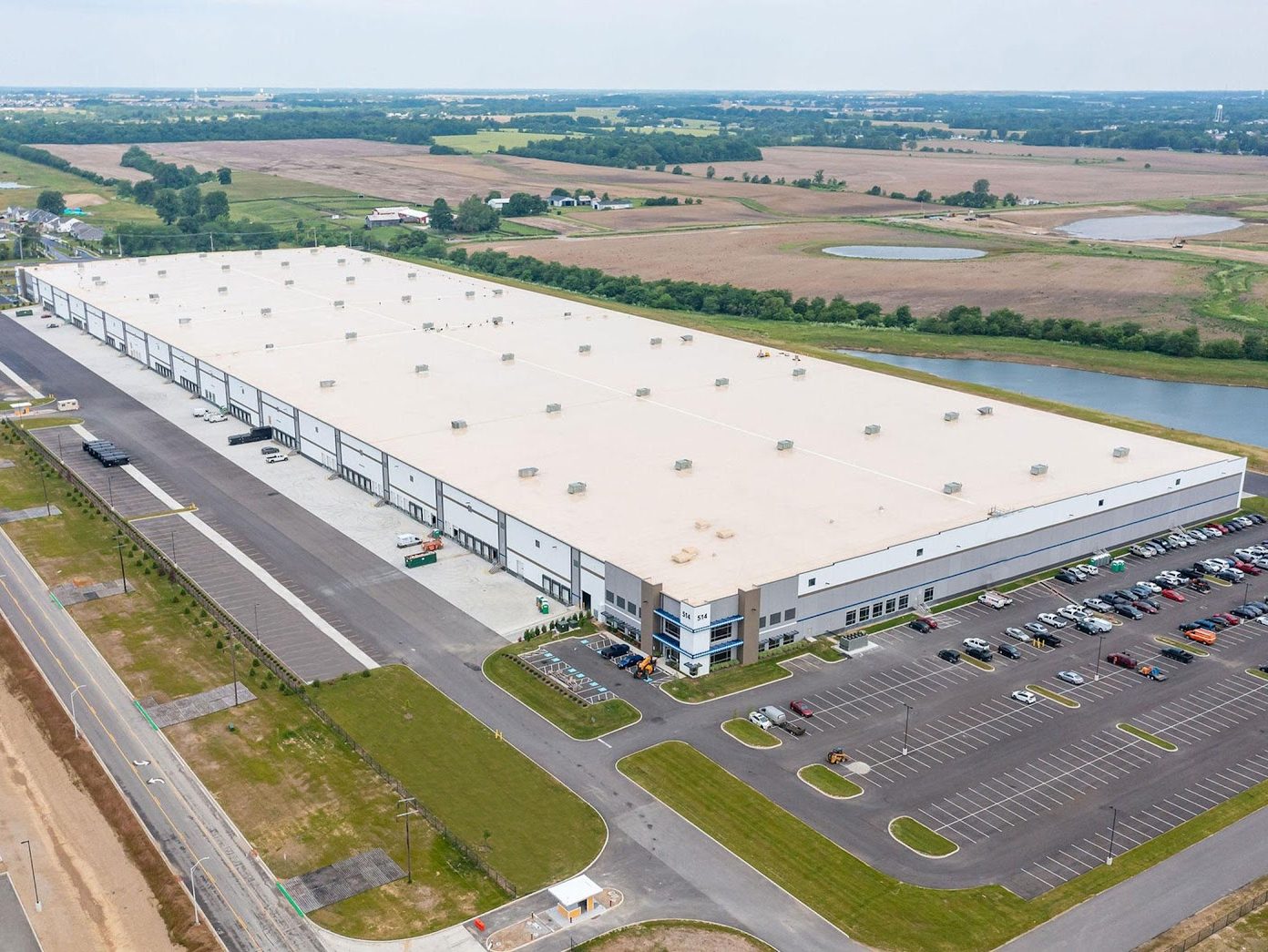How Web3’s Transactional Efficiency Can Revolutionize Real Estate
Noyack Capital's CJ Follini on the power of the blockchain to transform the way properties are bought, sold and held.

CJ Follini
An alternative future of asset ownership is now being developed for the blockchain. This Web3 movement introduces a decentralized ledger and open-source information management framework that can be developed for all types of transactions on the same platform that allows for the existence of cryptocurrencies.
All owners of physical and digital assets will be able to complete complex financial transactions, such as the sale of company ownership interests, directly with their peers. The promise of Web3 programming to streamline data management, security, transparency, veracity, and generate liquidity is an attractive proposition. Truth not trust is the motto of this new generation’s investment managers.
Technological advancements will include development of readily accessible, decentralized, and permanent transaction ledgers, asset tokenization protocols and transparent ownership documentation. Such tools will result in markets where investors can prove ownership, manage liquidity and assess risk directly and efficiently without external impediments. The reality of this breakthrough technology revolutionizing transactional documentation is near.
Fast and Efficient
Applications now being developed in the Web3 universe will provide optimal transparency and extreme flexibility. These decentralized apps (DApps) function as smart contracts creating records of transactions resulting in unique non-fungible tokens (NFTs) that can function, and thus trade, on the blockchain. By utilizing smart contracts to define the entirety of a transaction’s covenants, the whole agreement can be automated, and payments can be sent, verified, and received instantly. A smart contract living on a decentralized blockchain network like Ethereum can make it possible to write, authenticate and audit agreements in real time. This can be done on a global scale and without the need for intermediaries between the principal parties involved in a deal or transfer of value.
Air-Tight Documentation
In commercial real estate, Web3 development will be driven by the digital securitization of properties through tokenization. Allowing all information related to property ownership to live in one place will streamline underwriting and remove the need to insure the legitimacy of title transfer. Expect that these tokens will improve transaction processing and make it easier to directly buy and sell properties or even shares of properties, process revenue streams, and record and authenticate property transactions. Even deed documentation backstopping titles can be recorded on the decentralized chain thus allowing in situ verification and providing a greater assurance of ownership via an immutable transaction record. The reductions in paperwork and timelines will be massive.
A real-world example is occurring in The Republic of Georgia where a blockchain title registry ledger has already been successfully instituted. The timestamp appended to each token or block on this ledger proves to the owner that the land record has not been altered since the original transaction bestowing ownership was initiated and authorized. Attaching the digital receipts to the blockchain extends the security and transparency of a public blockchain for use by the land registry database, where stakeholders can then freely access and verify information without the fear of manipulation by anyone. Users can log into the government website on their computer or mobile devices and access records which are cryptographically proven to be legitimate on the blockchain. This blockchain ledger now includes the purchase and sale of land titles, registration of new land titles, demolition of property, mortgages and rentals and notary services. All with immutable accuracy and transparency.
Massive Liquidity
On the blockchain, assets can be easily divided into much smaller blocks of manageable ownership through continued tokenization. A real estate ownership token, like a cryptocurrency, can be divided on its blockchain to smaller, fractionalized investments adhering to the covenants and values originally defined by its smart contract coding but on a smaller pro rata basis. Each transaction is automated to meet defined ownership expectations. Rather than needing an abundance of documentation to transfer ownership, a simple purchase can be completed online in a direct transaction.
For example, four parties hypothetically purchase a large warehouse with Amazon as its tenant, and this tenancy generated 6 percent returns on the cash invested to make the purchase and the embedded smart contracts dictate their equal 25 percent ownership as well as their entitlement to 25 percent of the quarterly cash distributions which further stated would amount to 90 percent of the free cash flow per annum. In the legacy system of private LLC membership, selling one’s 25 percent (or a fraction thereof) would be exceptionally difficult and likely impossible given the usual restrictions of minority owner transfers typical of LLC operating agreements. But in the future of tokenized asset ownership in a Web3 environment, this sale would be easy to achieve, legal and frictionless. You likely will be able to trade this ownership interest on any NFT exchange such as Galaxy or Gemini or Opensea.
This concept opens access to a far larger universe of investors to participate in private transactions, making it easier to invest in real estate, venture capital, operating businesses, consumer packaged goods brands and other similar asset classes without going through the complex legal processes of documenting transfer of ownership and third-party validation. These traditional layers of prohibitive complexities on such investments can make direct investments in real estate and other businesses difficult for the average investor. Expect that when Web3 accessibility is achieved in real estate markets, there will be a resulting wave of liquidity and potentially an end to the need for publicly traded REITs and other highly regulated securities offerings.
CJ Follini is the managing principal of NOYACK Capital, an alternative private investment fund manager and sponsor of Noyack Logistics Income REIT.







You must be logged in to post a comment.